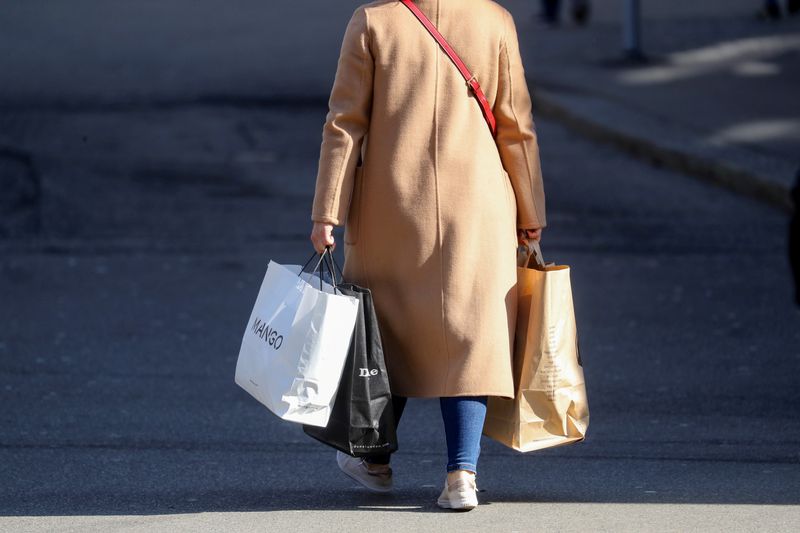By John Revill
ZURICH (Reuters) -Swiss prices increased in May by their highest level in nearly 14 years, the government said on Thursday, as Switzerland became the latest country to be hit by more expensive fuel and food costs plaguing economies around the world.
The consumer price index rose by 2.9% compared with a year earlier as transport, food and drinks became much more expensive in a country noted for its historically low inflation.
The reading was the highest increase in Swiss prices since September 2008, and was the fourth month in succession that prices have risen above the central bank's target for price stability.
The Swiss National Bank targets an annual inflation rate of 0-2%, but price rises have been outside this range since February, putting pressure on the central bank to start hiking interest rates.
The central bank, which is due to give its latest monetary policy update on June 16, declined to comment on the inflation figures on Thursday.
"Inflation is becoming more of a concern the higher the numbers climb and the longer we are above the 2% line," said UBS economist Alessandro Bee.
Still, Bee expected the SNB to wait until September to start raising rates after it has assessed the impact of rate rises by the European Central Bank, which he expects in July.
Credit Suisse economist Maxime Botteron thought the SNB would wait until December before increasing rates to -0.5% from the current -0.75%.
"But the risk of an earlier rate hike is increasing," he said. "The tightening pace will then essentially depend on the medium-term inflation outlook."

SNB officials have stressed of late that they believe the surge in inflation is temporary, with previous forecasts showing the SNB expects inflation to be 0.9% in both 2023 and 2024.
But Andrea Maechler, a member of the SNB's policy-setting governing board, has said the SNB will "not hesitate" to raise rates if inflation rates remain stubbornly high.